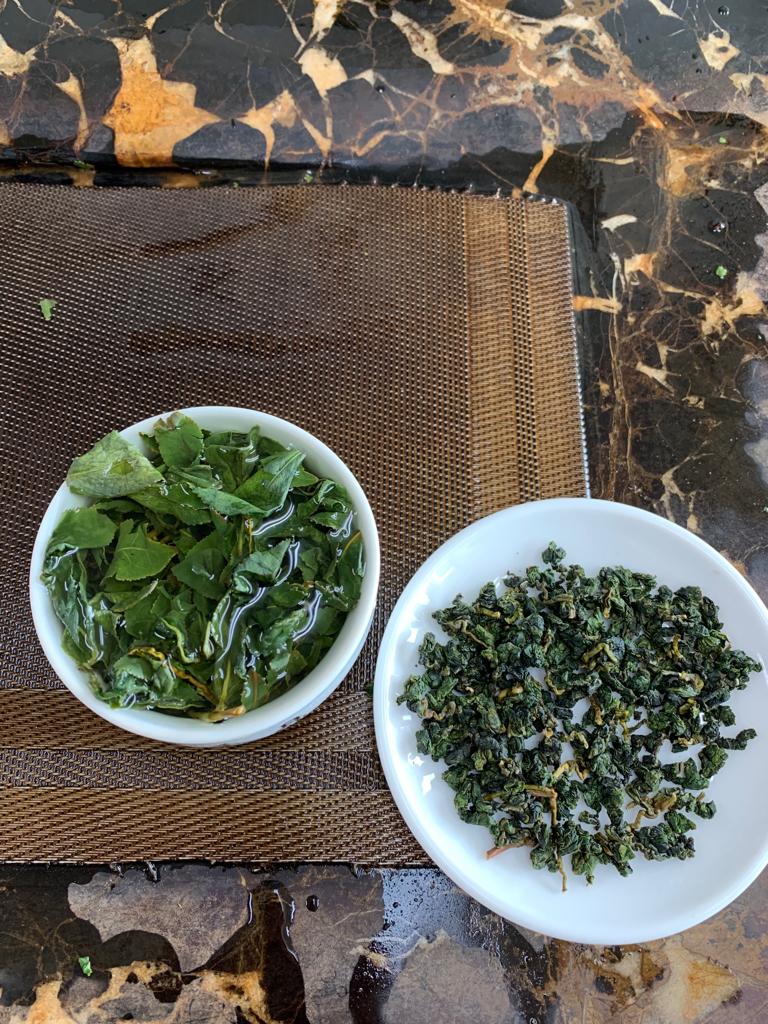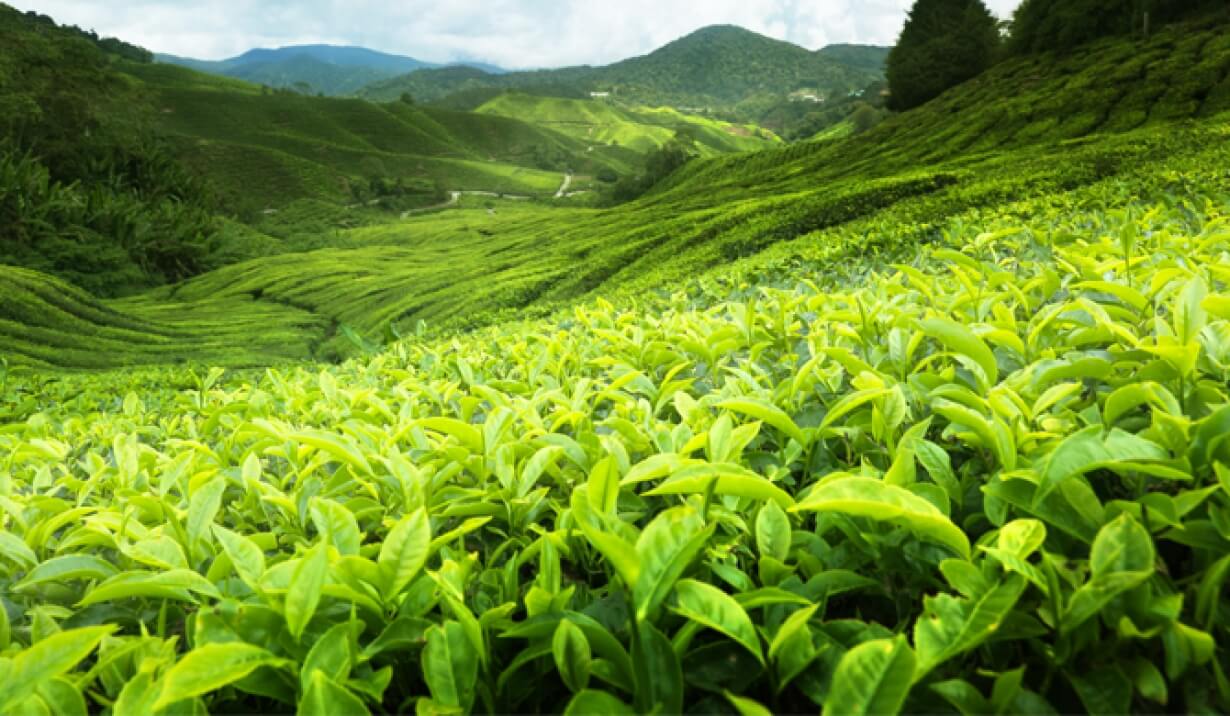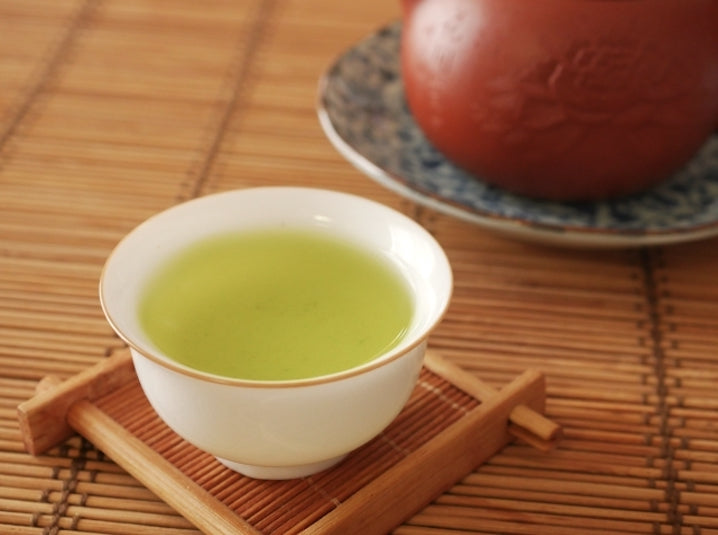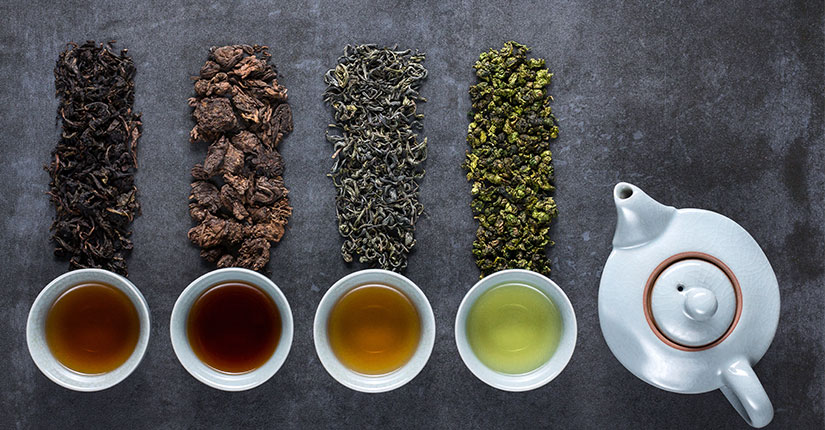Soil quality plays a crucial role in the flavor profile of Taiwanese black teas, significantly influencing their taste, aroma, and overall quality. Here are the key aspects of how soil quality impacts these teas:
Nutrient Composition
- Mineral Content: The mineral composition of the soil directly affects the nutrients absorbed by tea plants. Taiwanese black teas thrive in fertile, volcanic soils that are rich in essential minerals. This nutrient-rich environment contributes to the development of complex flavors and aromas in the tea leaves, enhancing characteristics such as sweetness and depth.
- pH Levels: Ideal soil pH for tea cultivation ranges from 4.5 to 5.5, which is slightly acidic. This acidity helps produce natural tannins, which are essential for developing the unique flavor profiles associated with high-quality teas. Well-drained, acidic soils allow for better nutrient uptake, resulting in smoother and less astringent teas compared to those grown in neutral or alkaline soils.
Terroir Influence
- Terroir Characteristics: Each tea-growing region in Taiwan has its own distinct terroir, influenced by factors such as altitude, climate, and soil composition. The unique combination of these elements allows for a wide variety of flavors within Taiwanese black teas. For instance, high-altitude regions provide cooler temperatures and more moisture, which can lead to lower catechin levels and a reduction in bitterness, resulting in a smoother tea.
- Microclimates: Taiwan’s diverse geography creates numerous microclimates that further affect soil quality and plant growth. These variations allow for different tea cultivars to flourish in specific areas, each producing teas with unique flavor profiles reflective of their local environment.
Growth Conditions
- Water Retention and Drainage: The physical structure of the soil affects its ability to retain water while also ensuring proper drainage. Tea plants prefer well-drained soils that prevent waterlogging, which can harm root systems and negatively impact flavor development. Good drainage helps maintain healthy plants that produce high-quality leaves.
- Temperature Variations: Soil quality also interacts with temperature fluctuations between day and night, particularly at higher elevations where Taiwanese black teas are often grown. These temperature differences can enhance flavor development by promoting the synthesis of amino acids and other compounds that contribute to the tea’s aromatic profile.
Conclusion
In summary, the quality of soil in Taiwan plays a vital role in shaping the flavor of its black teas. The nutrient-rich volcanic soils, ideal pH levels, and favorable growing conditions contribute to the unique sweetness, smoothness, and complexity that characterize Taiwanese black teas. The interplay between soil quality and environmental factors ensures that each tea produced reflects the distinct terroir of its growing region, setting it apart from teas produced elsewhere.






